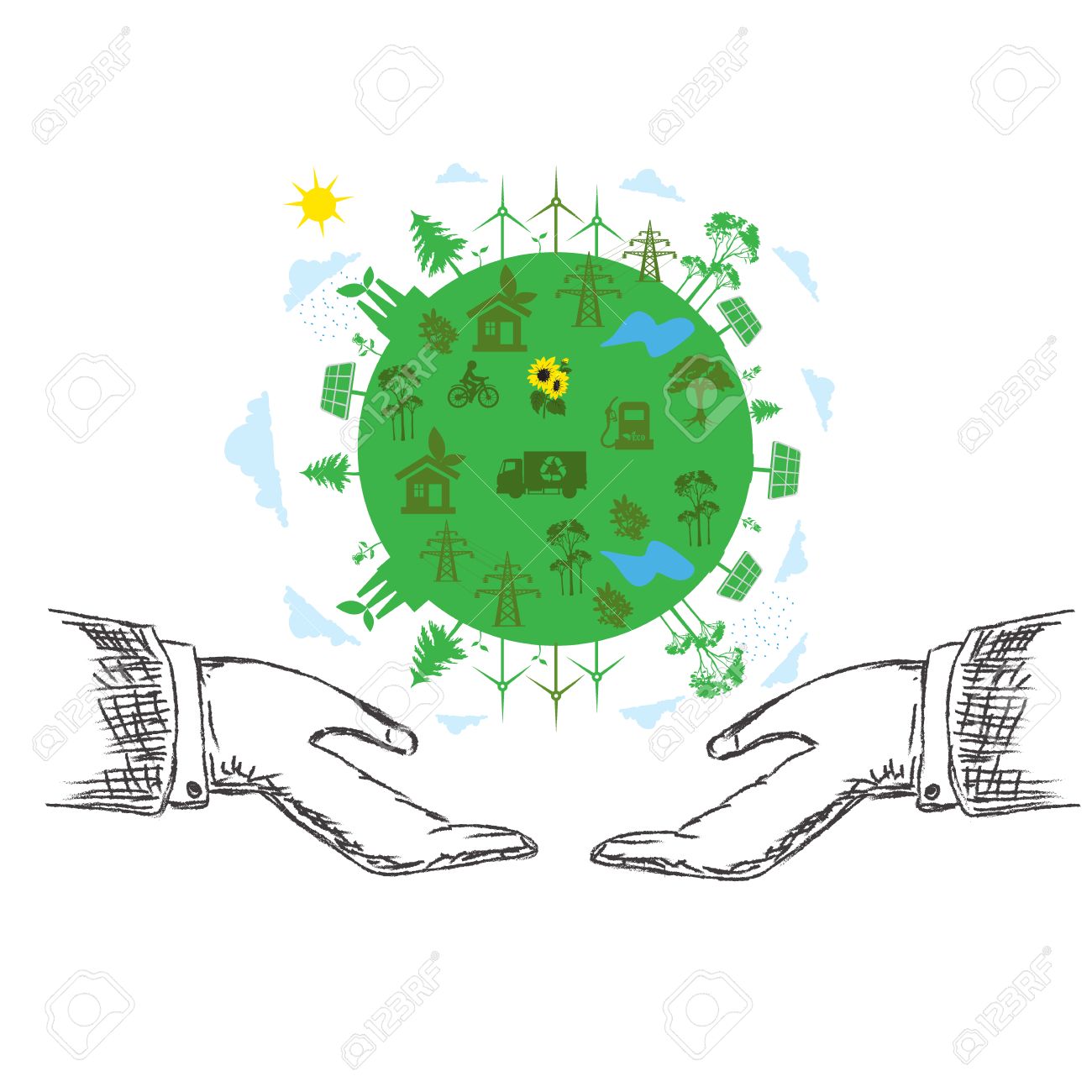It seems that at long last, we are all getting the hang of living more sustainable lives. We’re doing better at re-cycling, using fewer plastic bags and more people are cycling to work than ever before.
However, there’s still plenty more that we can all do to look after our planet and keep things in better shape for our children’s futures.
Some of these things are just plain old common sense, some ideas are a bit more new-fangled. So, to make life easier we’ve put together a list of a few of the ways you can tweak your life to continue to improve your eco-credentials.
Repair, Reuse, Recycle
Next time you find yourself adding a shirt to your charity-shop-pile because it’s lost a button, stop a moment and try to remember where you put your sewing kit. Basic repairs to clothes are really simple and if you’re unsure of anything, YouTube has instructions on everything from turning up a hem to fixing a hole in your favourite sweater.
Once you’re in the fixing groove, check out some of the many repair websites with advice for bringing everything from bikes to laptops back to life. Some of our favourites are –
Ifxit – solutions for almost every conceivable electronics repair
The Humble Mechanic – straight talking advice for all auto issues
ParkTool – practical tips for keeping you safe on two wheels
No more single use plastic!
This year’s Blue Planet made uncomfortable viewing but its message about single use plastic really hit home. Cutting down on plastic use is an easy way to make a difference and just a matter of getting into good habits.
First up, stop buying bottled water! There are some very cool water bottles available for every style and budget and while we’re ideally trying to reduce the amount of new stuff we all buy, this purchase is essential if you’re serious about sustainability. A water bottle will soon pay for itself and you’ll quickly be wondering why you ever paid actual money for bottled water.
Don’t use plastic straws and support restaurants who have banned them.
Remember to take your bag for life with you every time you shop. This is another opportunity for a style statement, if you like that sort of thing, so do your research first before you take the plunge.
Shop to make a difference
“Reduce, reuse, recycle” applies as much to non-perishables as to the food we buy. Wherever possible buy second hand clothing, furniture and appliances or swap clothes with family and friends. Think about the clothes you buy, as everything has an environmental footprint. Support ethical brands.
Always read labels and opt for products that are fair trade, vegan, eco-friendly and organic.
Most markets and bigger supermarkets sell their fruit and veg loose and this is a great way to cut your plastic use. It also reduces food waste as you can buy just what you need rather than what you’d get in the pre-packed option. You’ll probably find it’s cheaper, too!
In the Kitchen
Use up leftover fruit and veg in soups and smoothies – this cuts down on waste and you get a healthy snack or meal into the bargain.
Reduce your cling film use, it’s just another bad habit. To keep food fresh use tupperware containers, foil, or a good old-fashioned bowl with a plate on top.
Wash at 30 degrees and hang clothes to dry on the line whenever the weather permits. Tumble dryers are energy hungry and drying clothes alfresco will help cut down your energy bills too.
In the Bathroom
Micro beads have been named, shamed and finally banned for the effect the have on our marine environment but there are other culprits out there to watch out for and avoid:
Avoid plastic cotton buds and replace them with a biodegradable alternative such as rolled paper or bamboo.
Try a greener alternative to cotton wool pads for removing make up such as organic face cloths or washable cleansing pads.
The disposal of menstrual products is a huge environmental problem but
something that we need to be more clued up about. There are many eco-friendly alternatives and a surprising number of websites with bags of information and more sustainable products to try.
Eat More Sustainably
The WWF suggest that there are several ways in which we can all eat our way to a brighter future for the planet. As well as wasting less food, the emphasis is most definitely on eating more plants, moderating our meat intake and buying food that meets a credible certified standard.
CLICK HERE TO LEARN HOW WONDRWALL CAN MAKE YOUR HOME SUSTAINABLE AND ENERGY EFFICIENT
